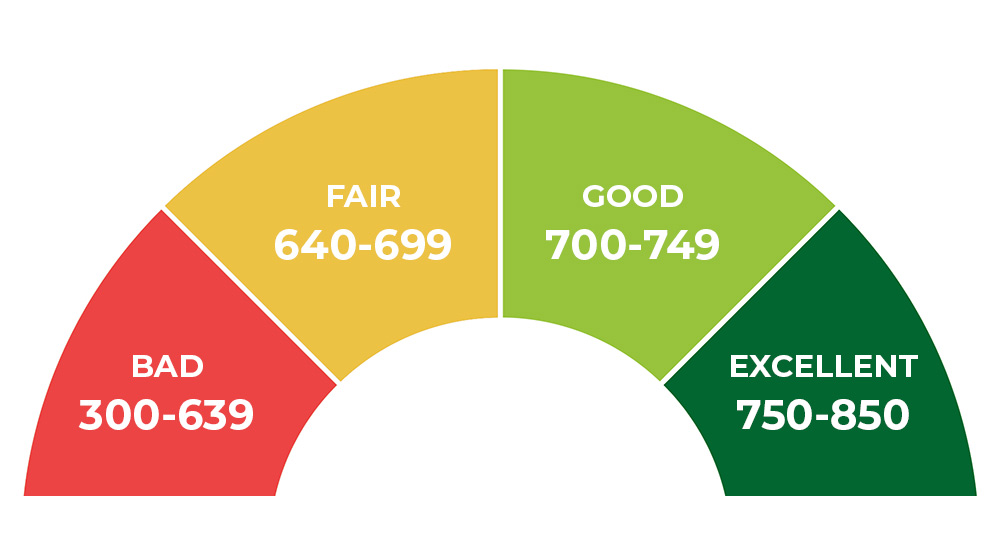What Is a Credit Score?
A credit score is a number between 300–850 that depicts a consumer’s creditworthiness. The higher the score, the better a borrower looks to potential lenders. It is based on credit history: number of open accounts, total levels of debt, and repayment history, and other factors. At invest-loans, we use credit scores to evaluate the probability that an individual will repay loans in a timely manner
The credit score model was created by the Fair Isaac Corporation, also known as FICO, and it is used by financial institutions. While other credit-scoring systems exist, the FICO score is by far the most commonly used. There are a number of ways to improve an individual’s score, including repaying loans on time and keeping debt low.
How Credit Scores Work
This can significantly affect your financial life. It plays a key role in a lender’s decision to offer you credit. People with credit scores below 640, for example, are generally considered to be subprime borrowers. Lending institutions often charge interest on subprime mortgages at a rate higher than a conventional mortgage in order to compensate themselves for carrying more risk. At invest-loans, we may also require a shorter repayment term or a co-signer for borrowers with a low score.
Why Should I check my Credit Score?
It is very important that you keep a close eye on your Score. It is the best way to gauge your chances to get a line of credit. Another reason is to know if it dips, or if an error has been made by our credit agencies while calculating your score. This will help you make timely amends.
- Excellent: 800 to 850
- Very Good: 740 to 799
- Good: 670 to 739
- Fair: 580 to 669
- Poor: 300 to 579
Your credit score, a statistical analysis of your creditworthiness, directly affects how much or how little you might pay for any lines of credit you take out.
A person’s score may also determine the size of an initial deposit required to obtain a smartphone, cable service or utilities, or to rent an apartment. And at invest-loans, we frequently review borrowers’ scores, especially when deciding whether to change an interest rate or credit limit on a credit card.

Credit Score Factors: How Your Score Is Calculated
There are three major credit reporting agencies in the United States (Experian, Equifax, and Transunion), in Canada and in Europe, which report, update, and store consumers’ credit histories. While there can be differences in the information collected by the three credit bureaus, there are five main factors evaluated when calculating a credit score:
- Payment history
- Total amount owed
- Length of credit history
- Types of credit
- New credit
Payment history counts for 35% of a credit score and shows whether a person pays their obligations on time.
Total amount owed counts for 30% and takes into account the percentage of credit available to a person that is currently being used, which is known as credit utilization.
Length of credit history counts for 15%, with longer credit histories being considered less risky, as there is more data to determine payment history.
The type of credit used counts for 10% of a credit score and shows if a person has a mix of installment credit, such as car loans or mortgage loans, and revolving credit, such as credit cards.
New credit also counts for 10%, and it factors in how many new accounts a person has, how many new accounts they have applied for recently, which result in credit inquiries, and when the most recent account was opened.
